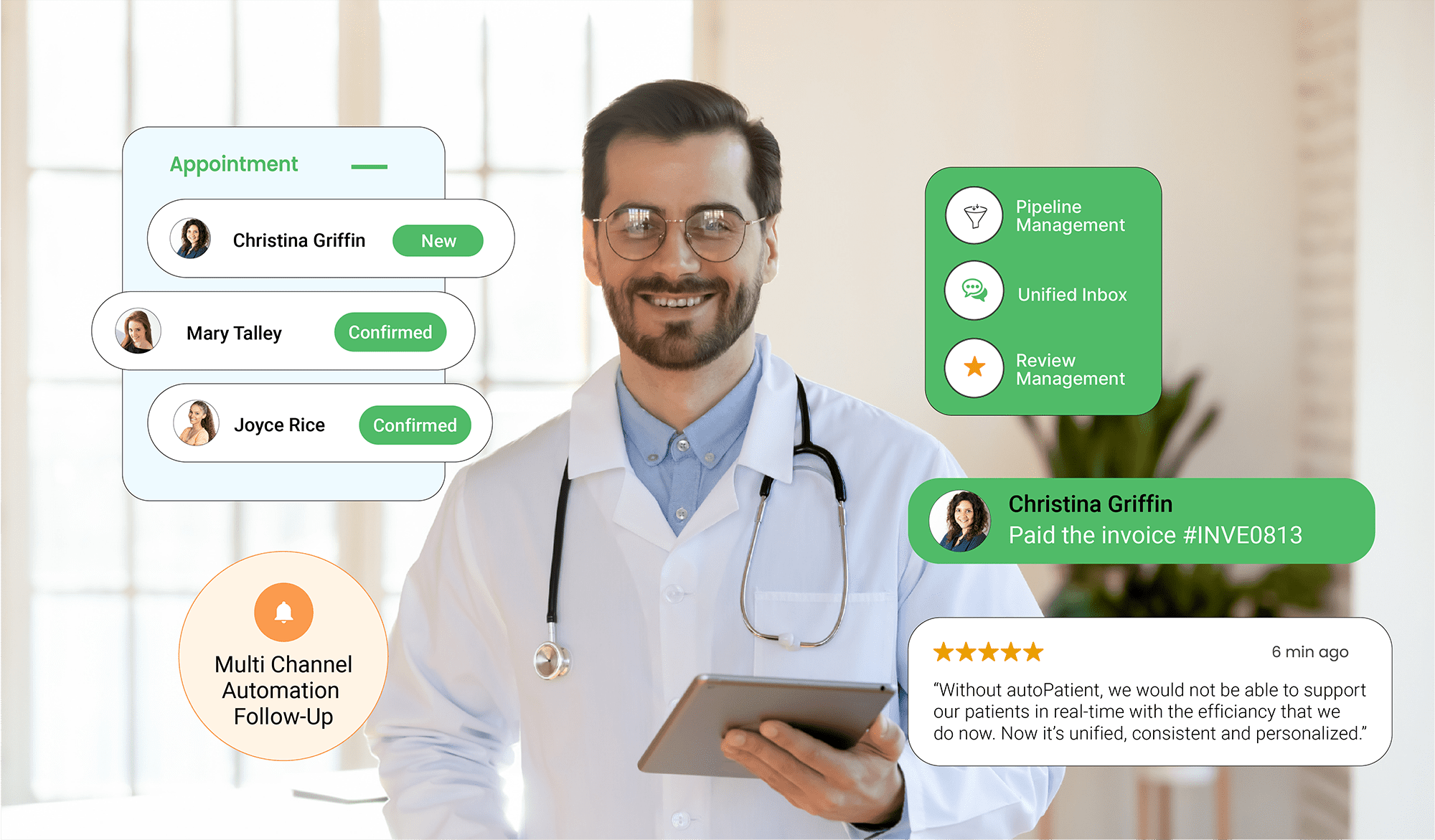Attract
Boost your online presence and reach your target patients consistently on social media and across the web.
Convert
Turn web visits and clicks into consultations. Convert strangers into patients. Fill your calendar with high-value treatments and surgeries.
Retain
Increase your patient loyalty and keep patients forever. Turn new patients into your advocates and build an impactful brand.
Control
Remove the blindfold and guesswork from your practice growth. Take control of the patient journey with full control and transparency.
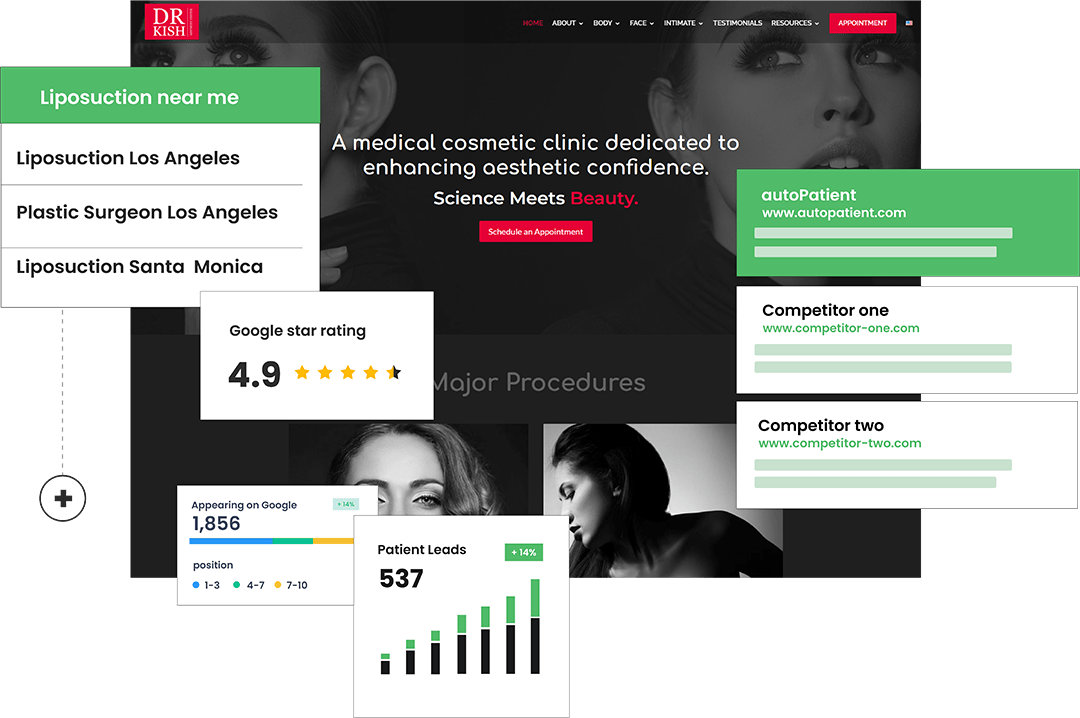
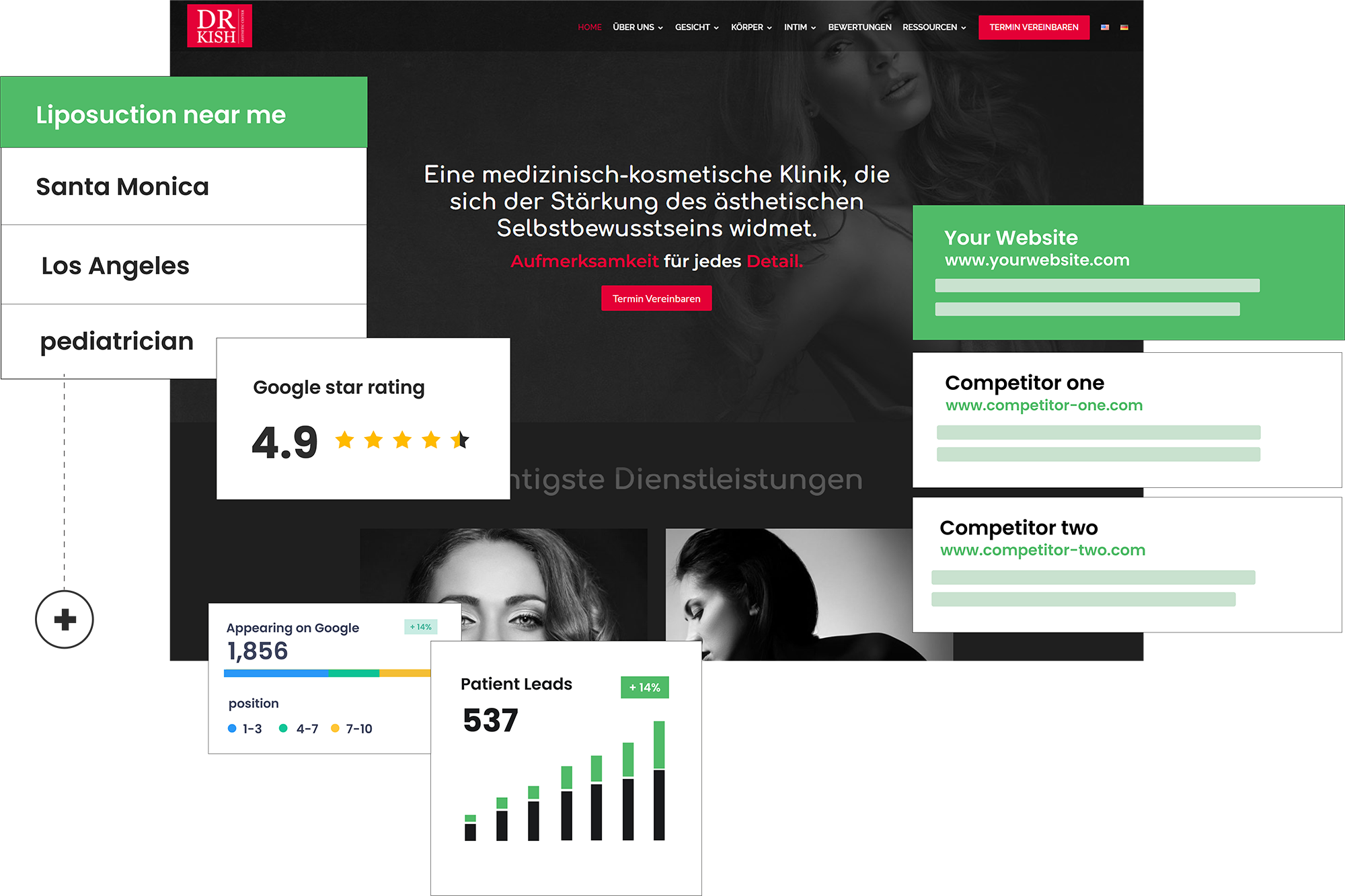
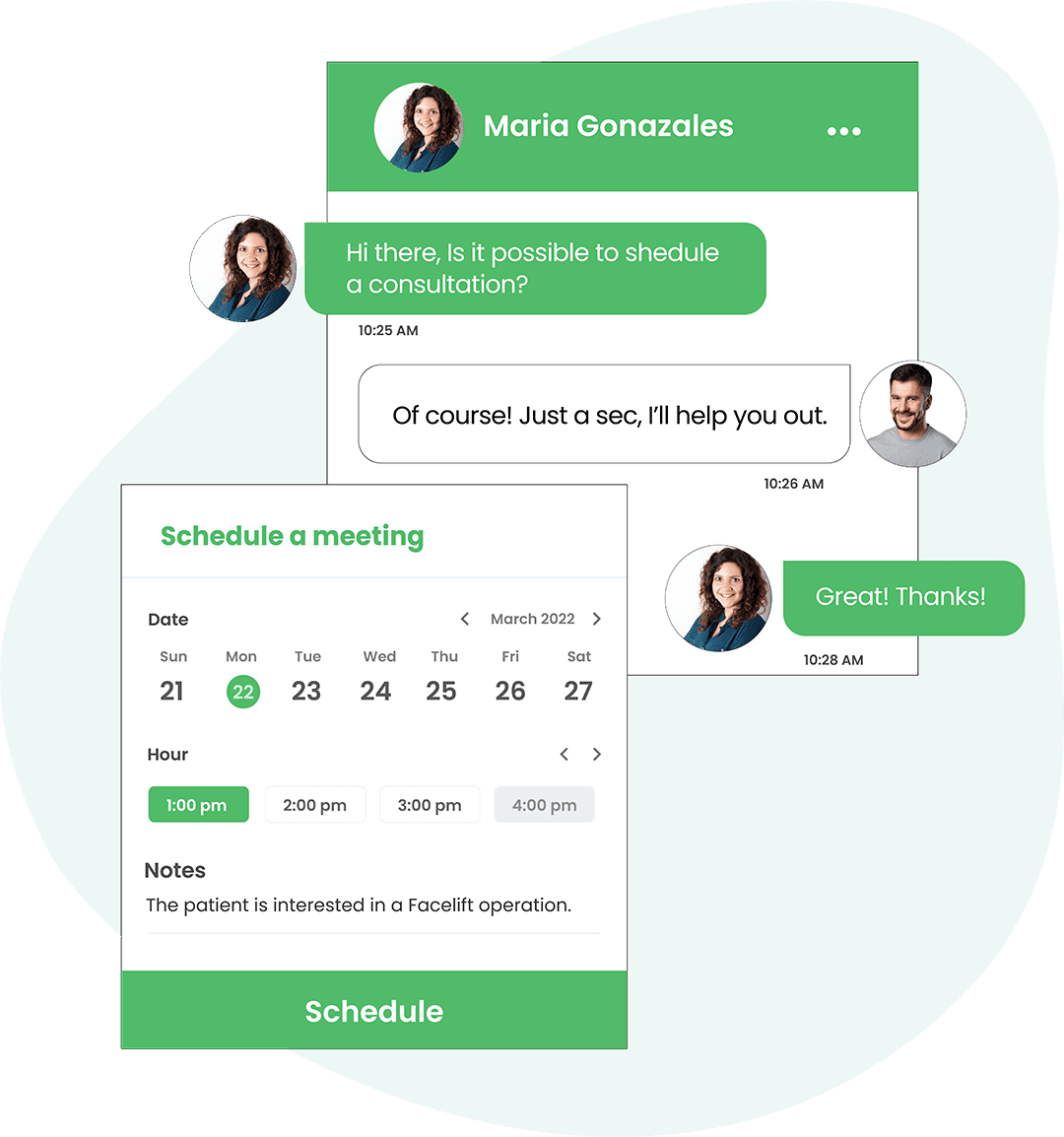

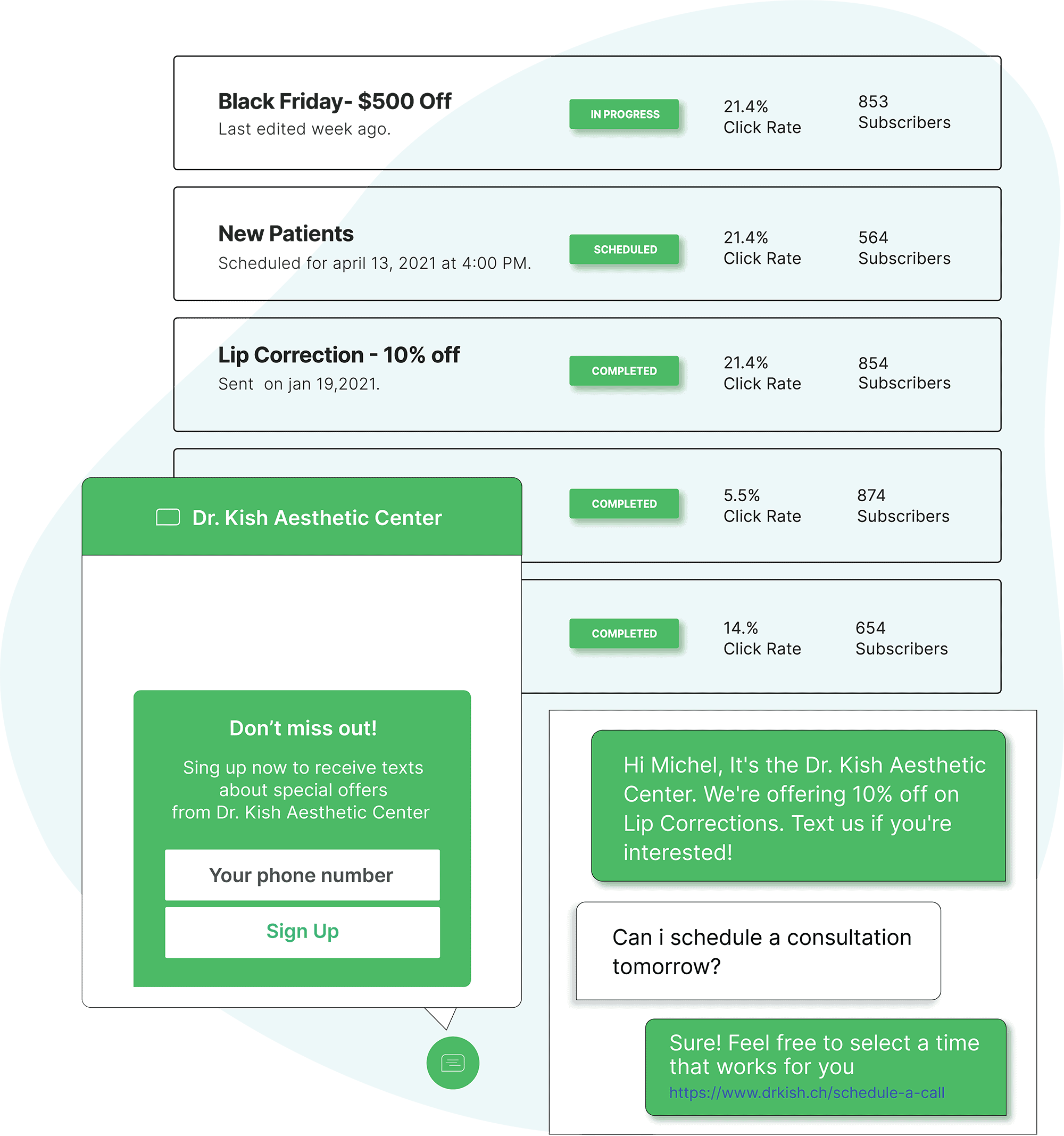

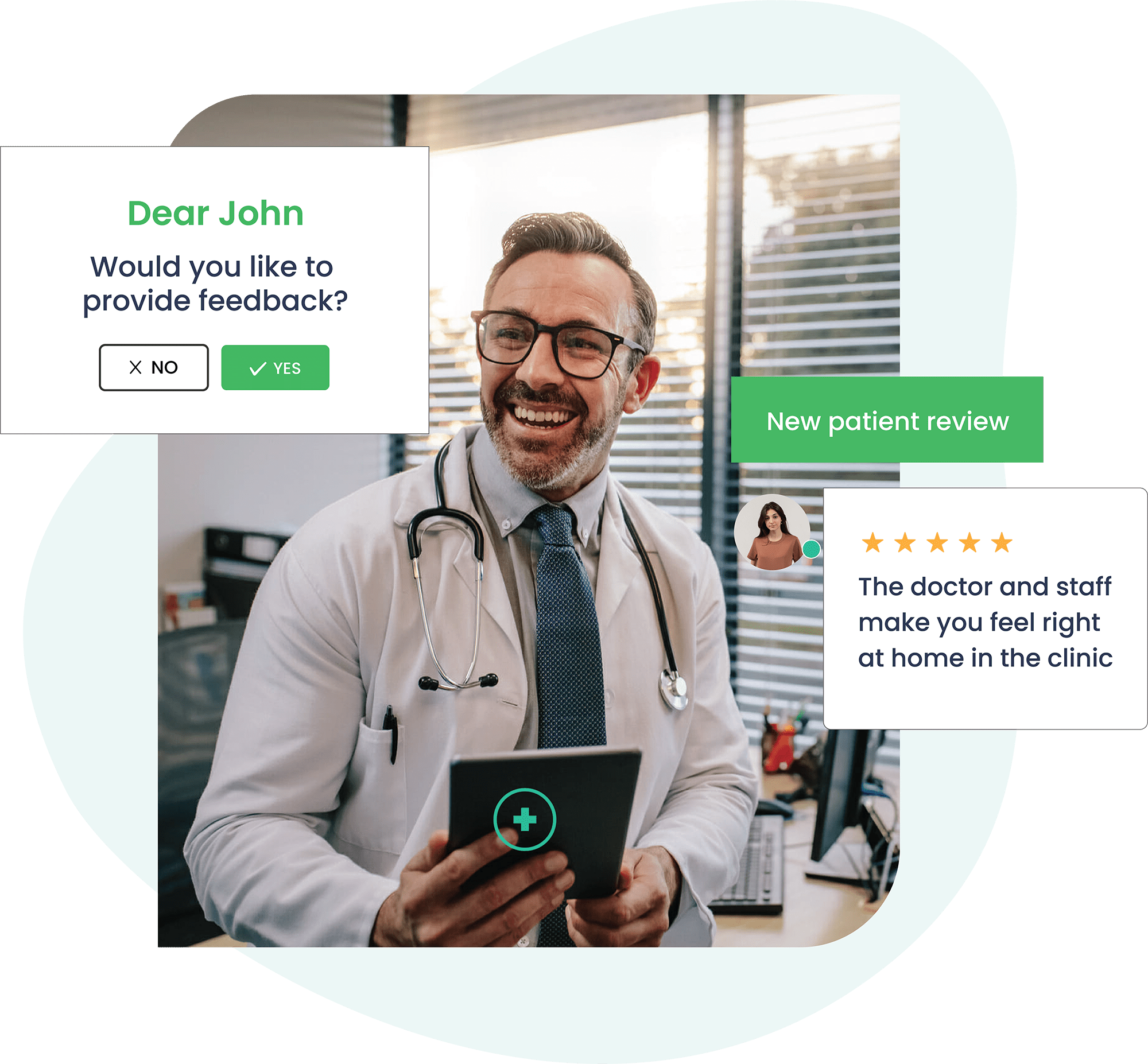

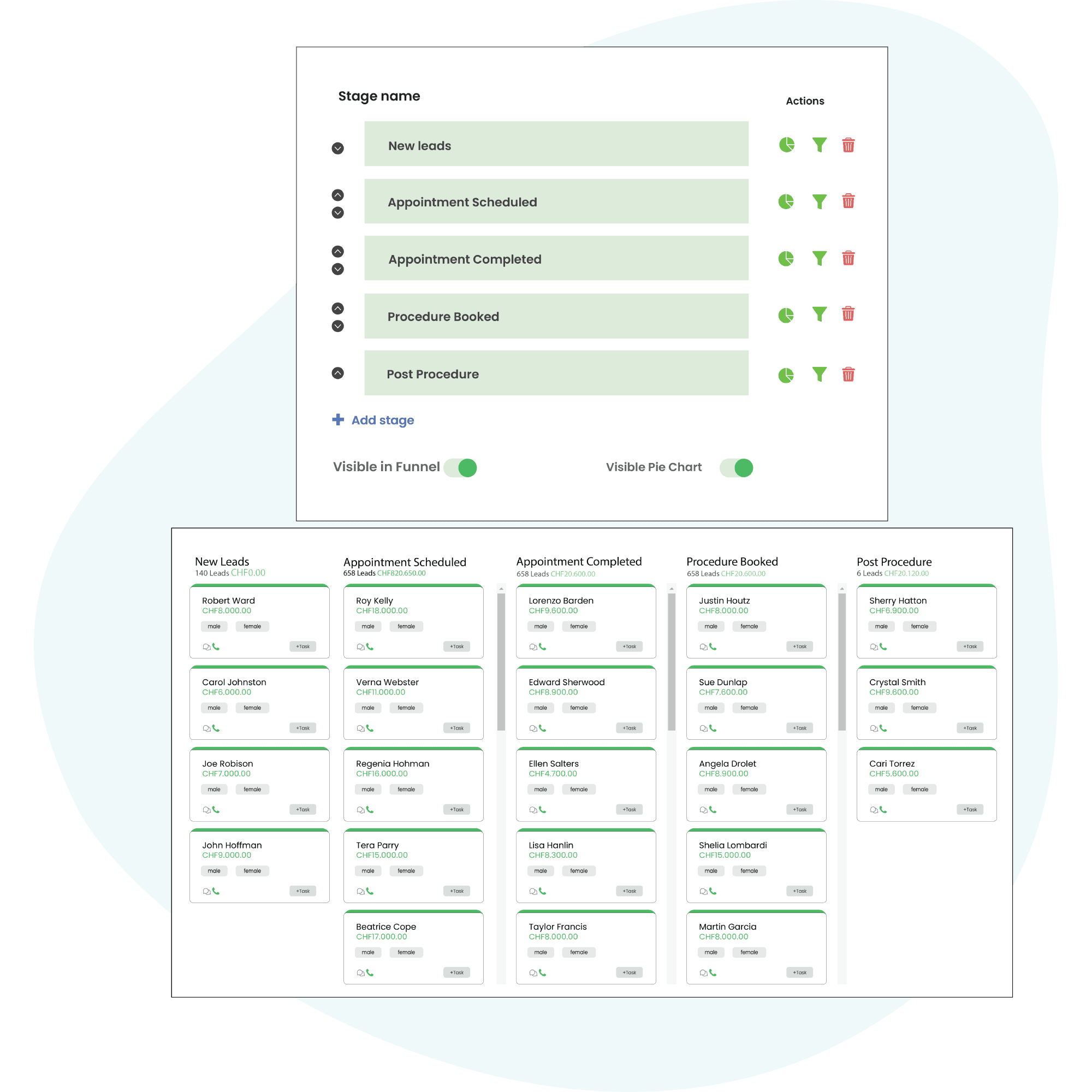

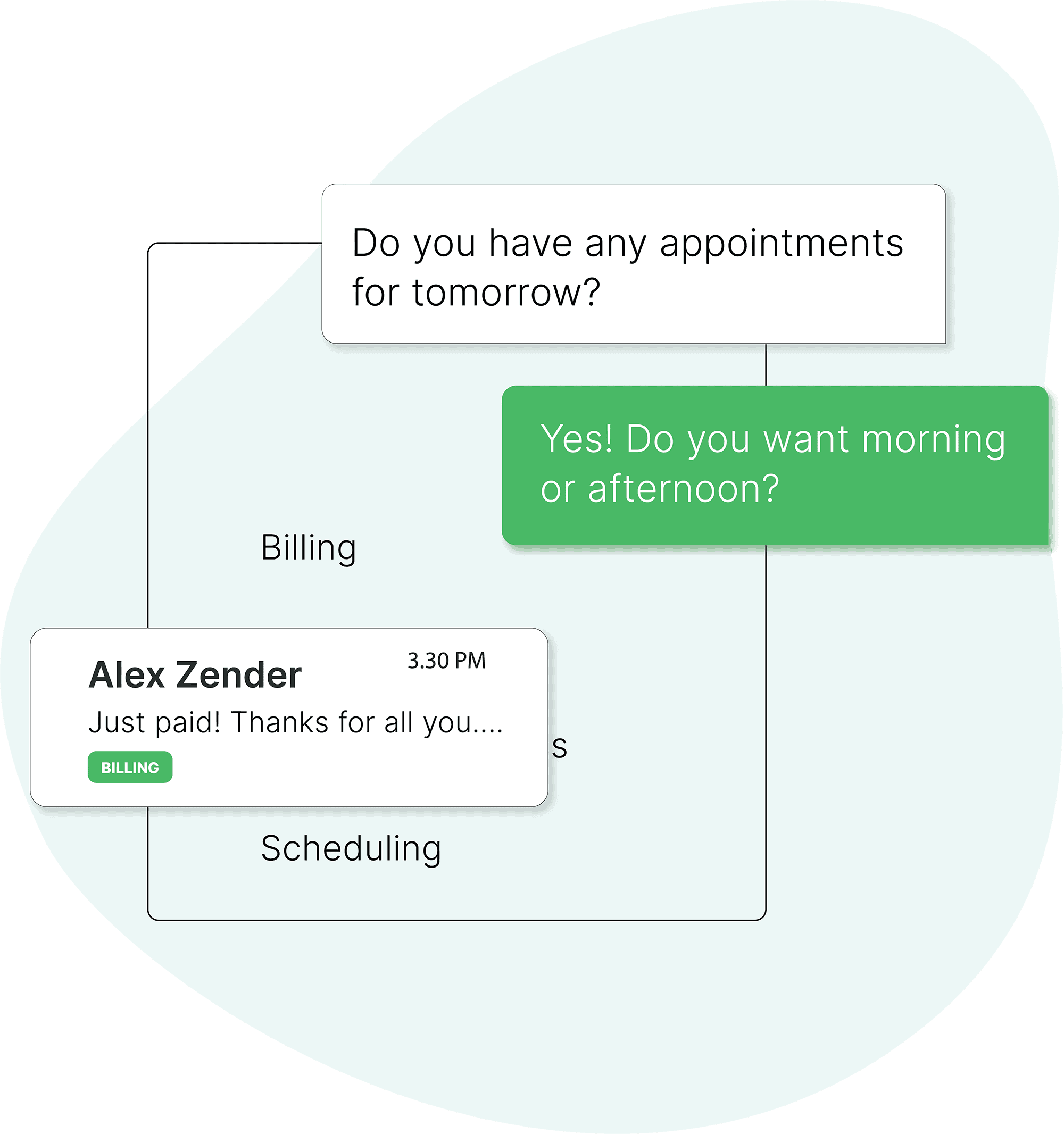

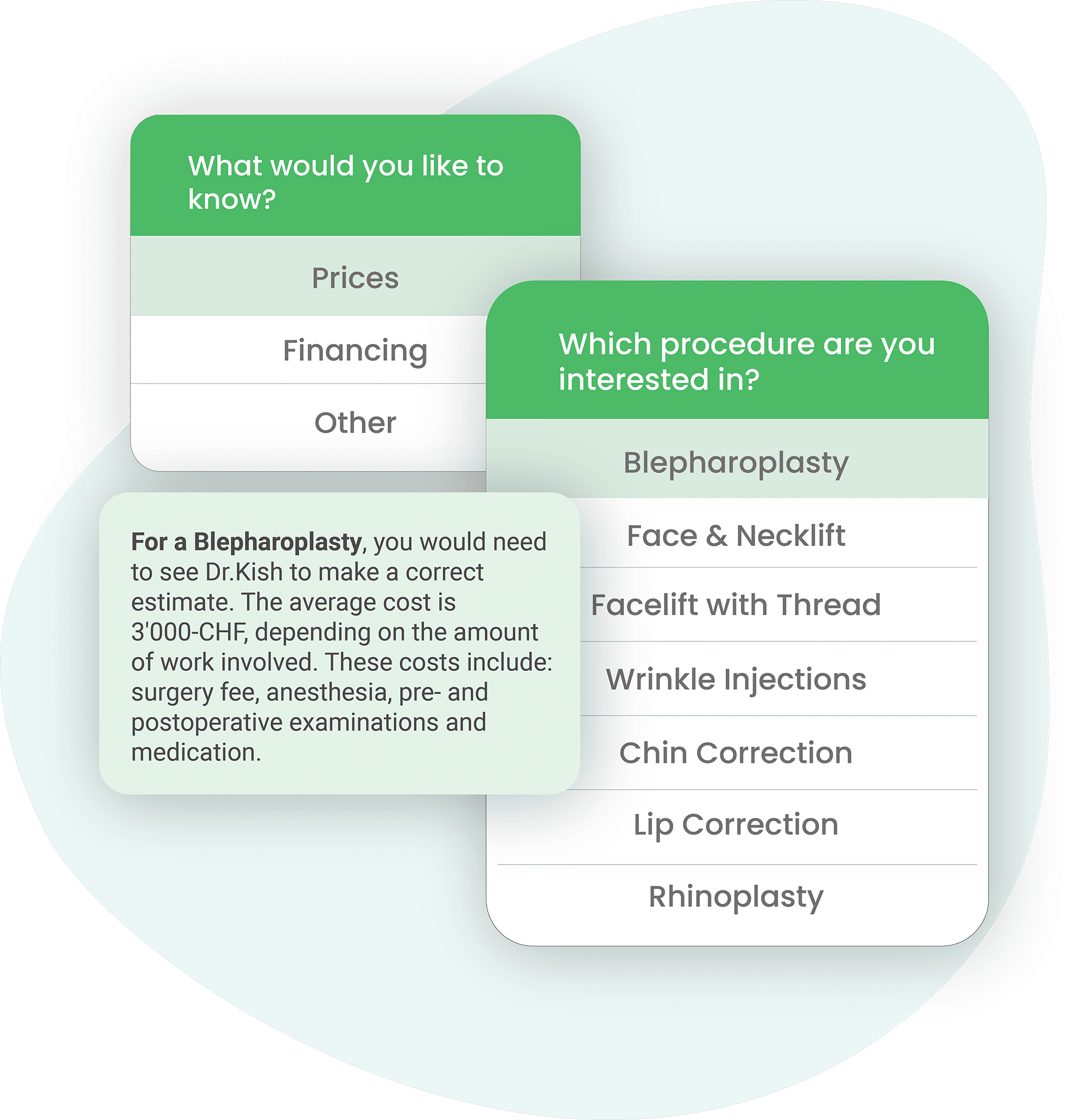

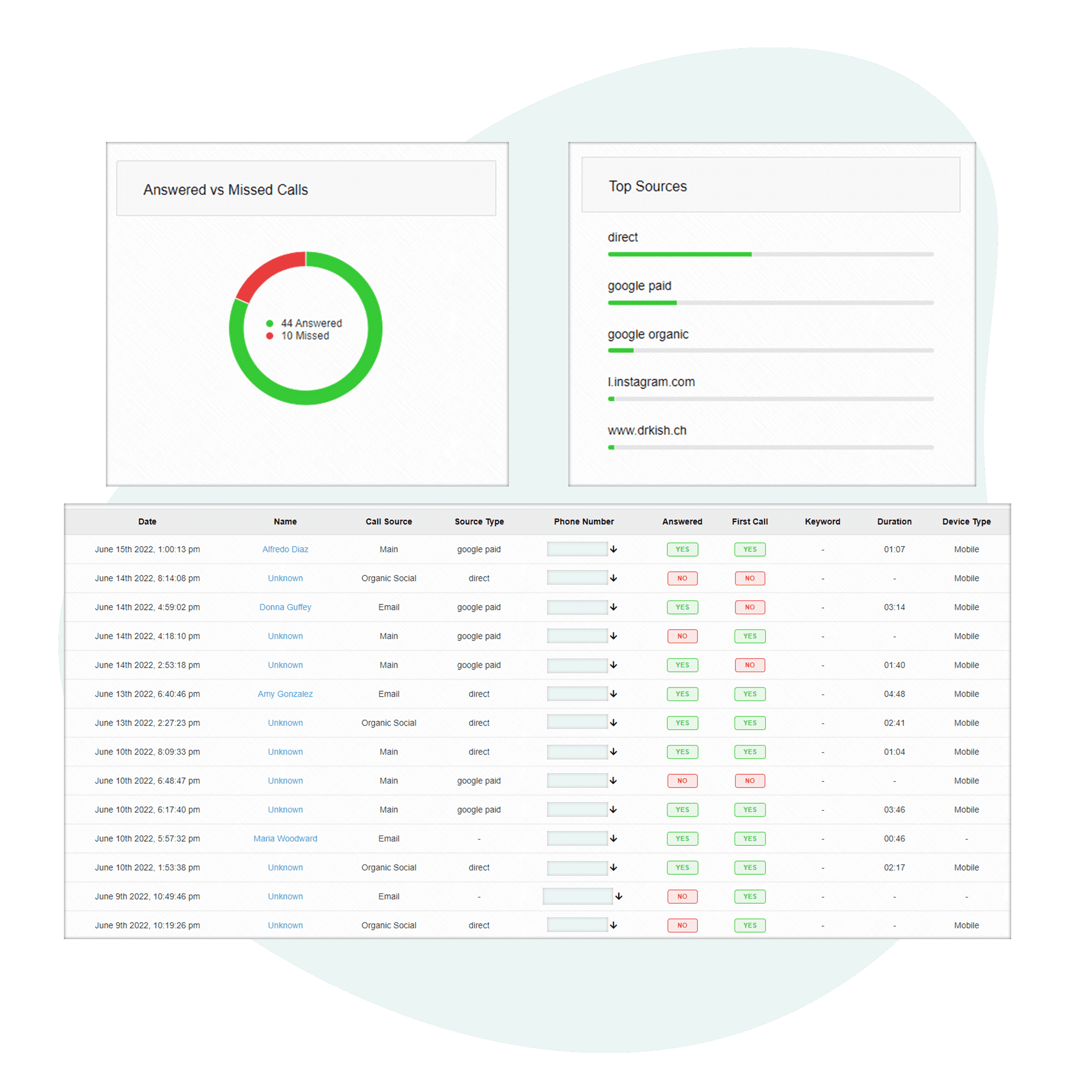

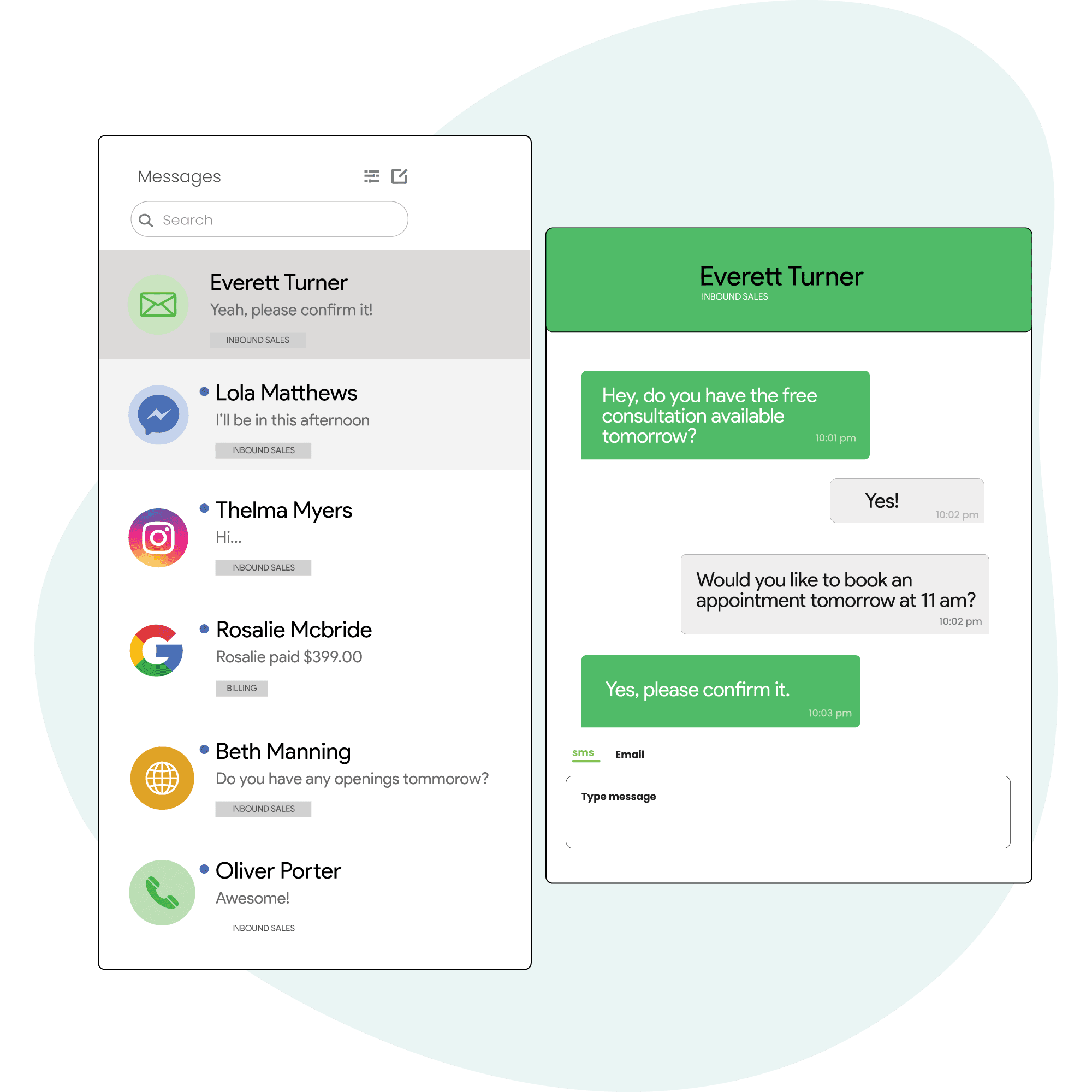

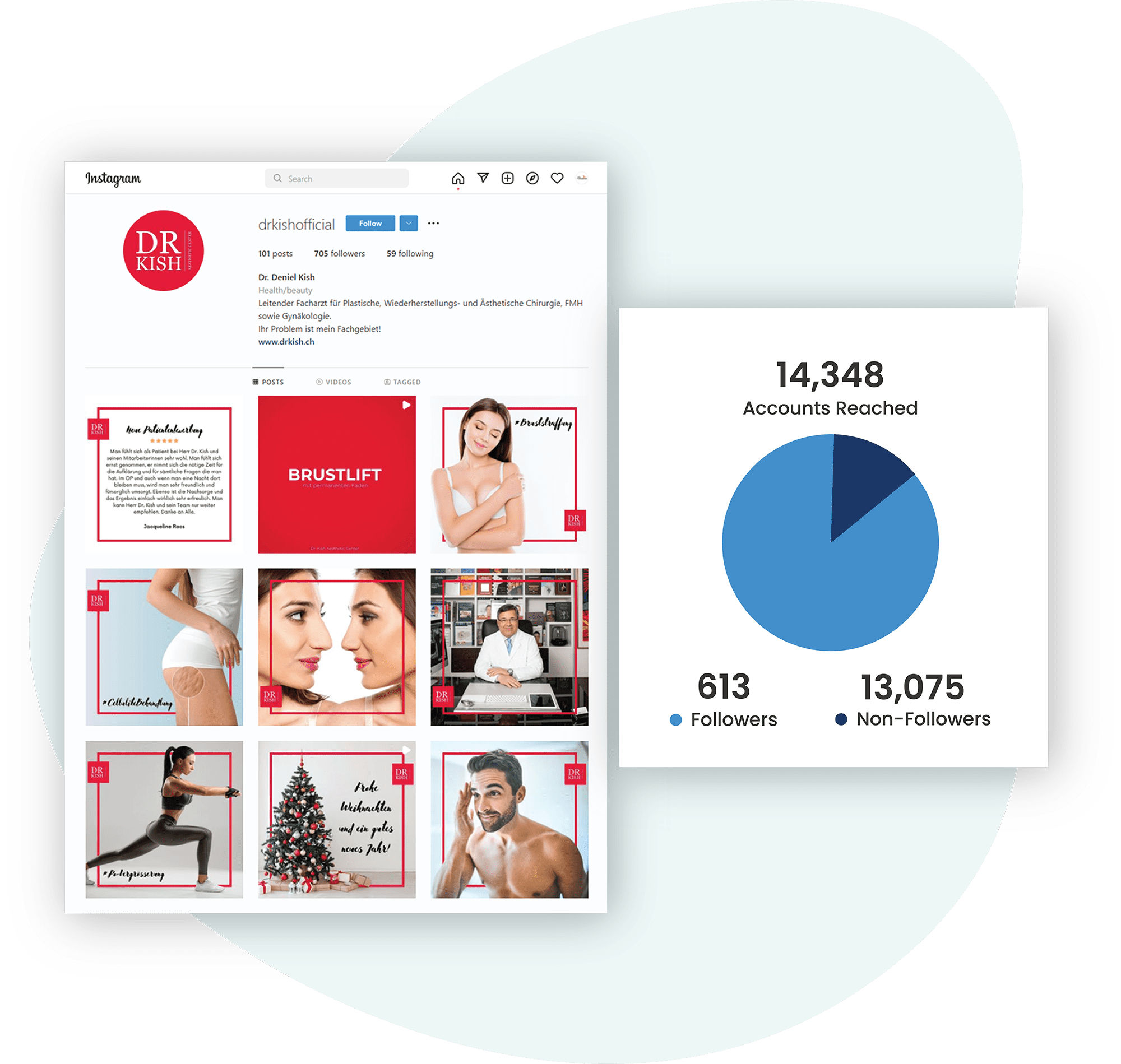

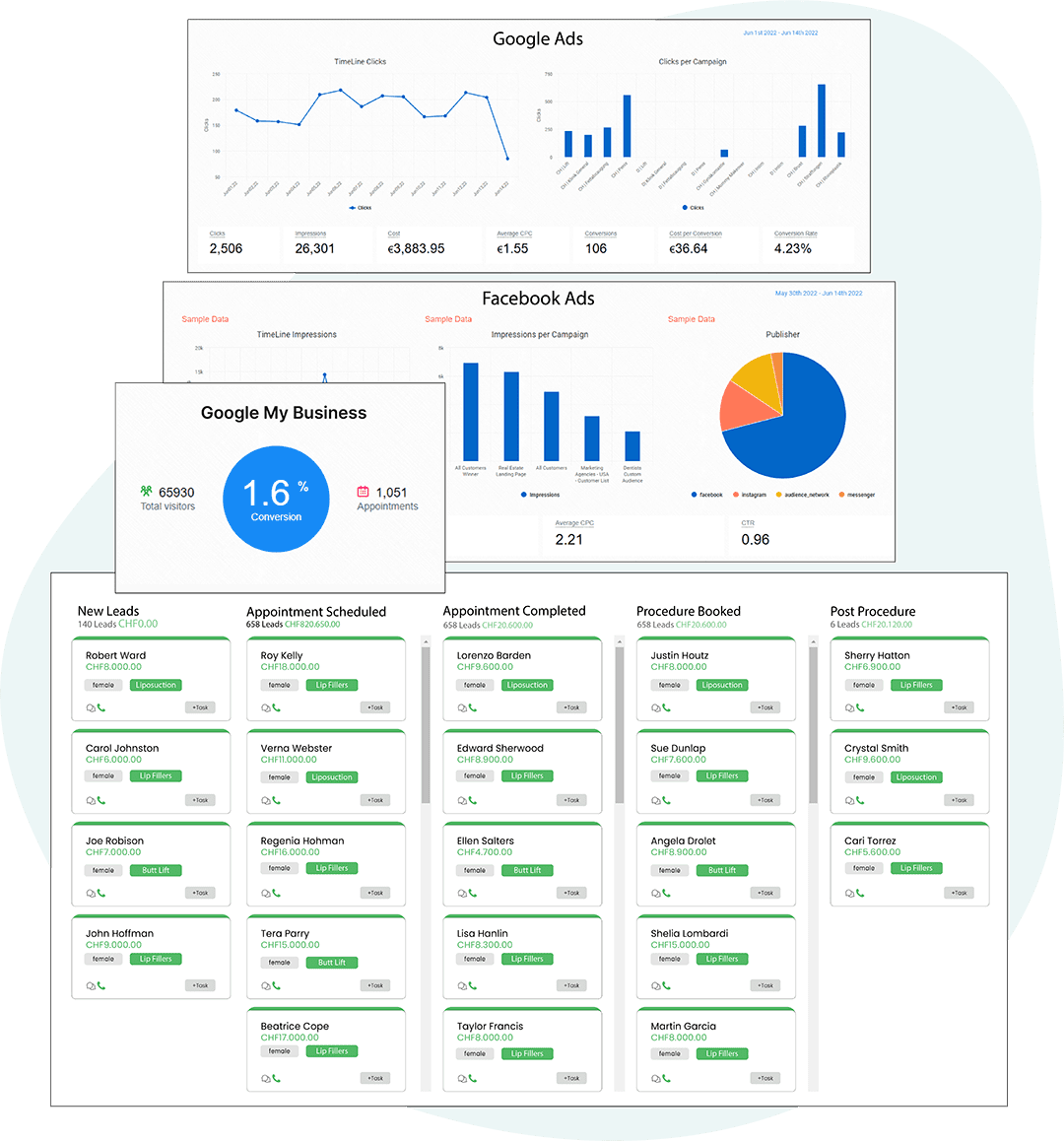

Testimonials
Some Of Our Current and Past Clients & Partners




autoPatient will never again let you worry about your practice growth!
See how we help aesthetic practices grow their clinics and thrive.

